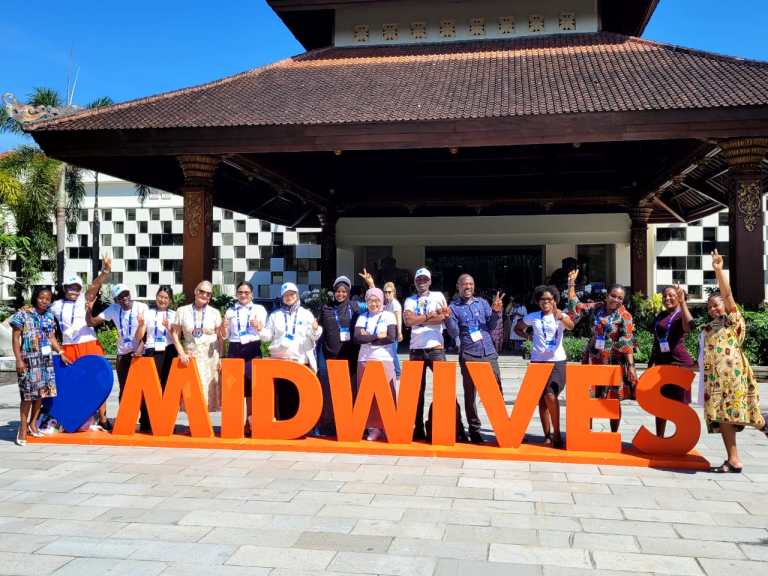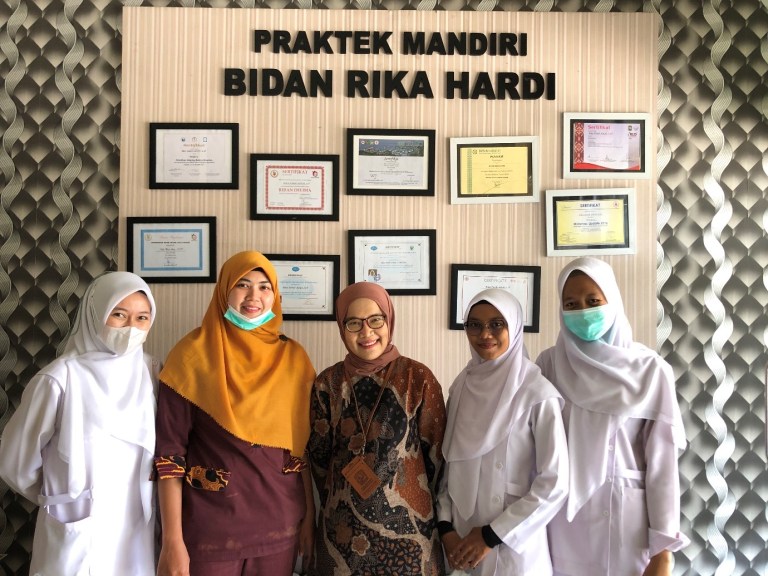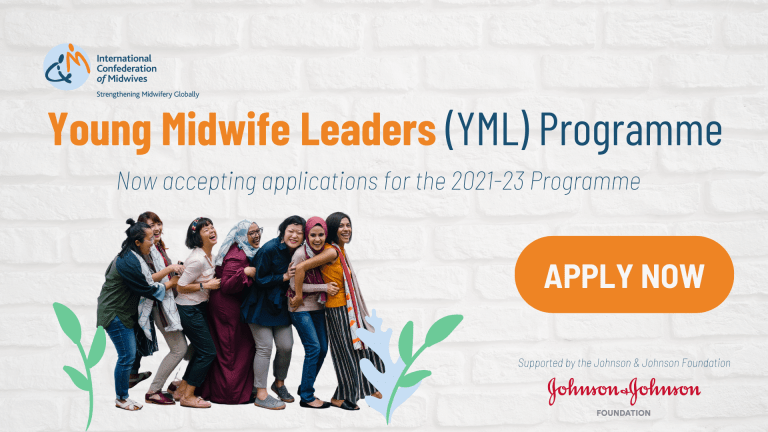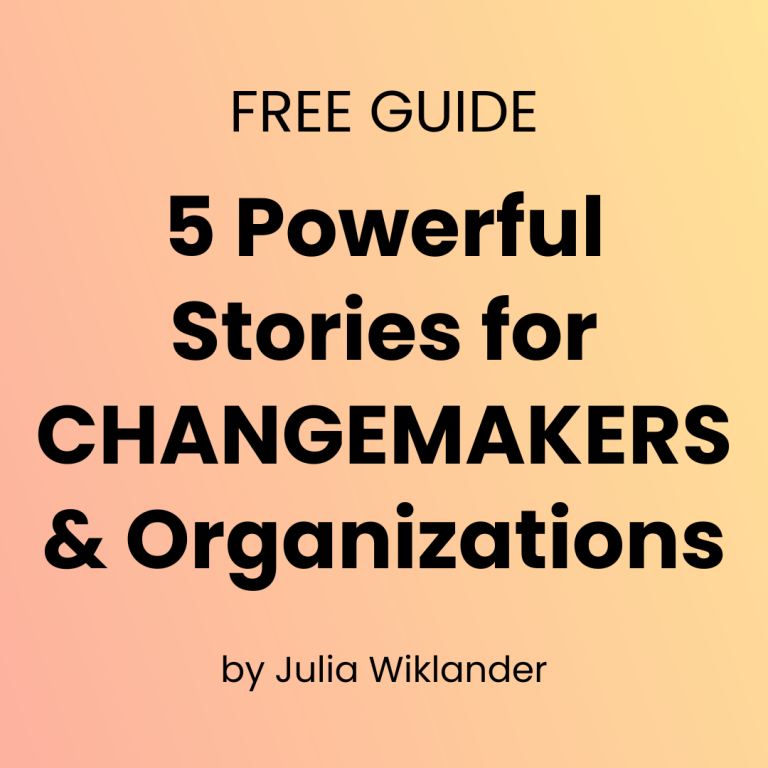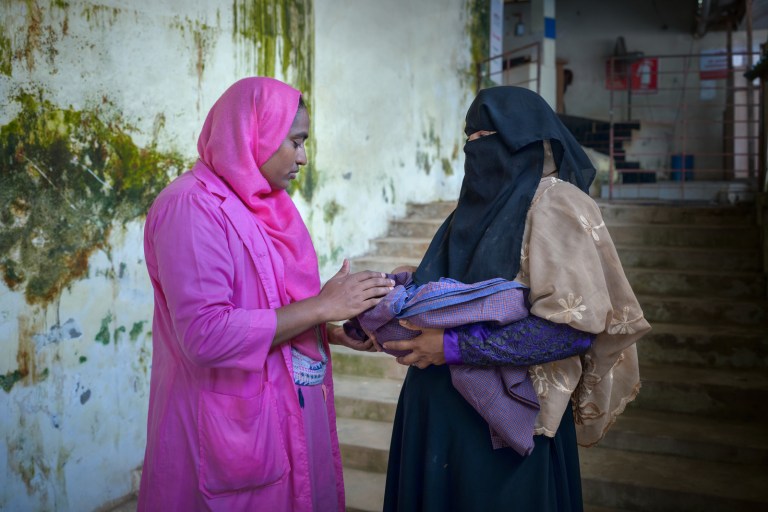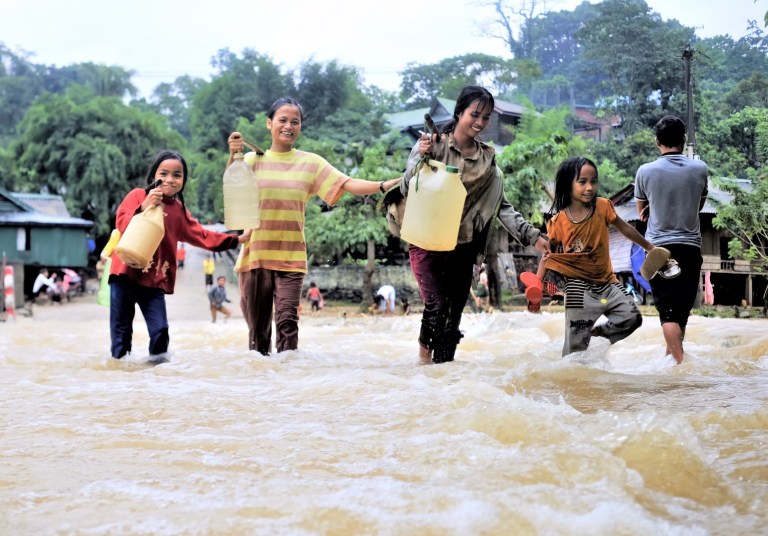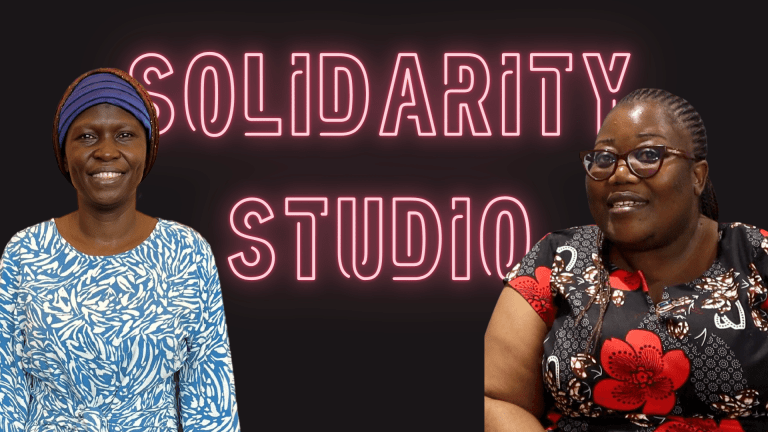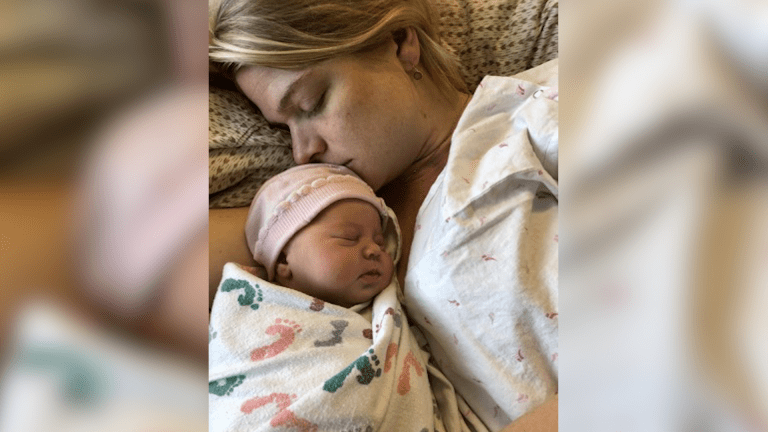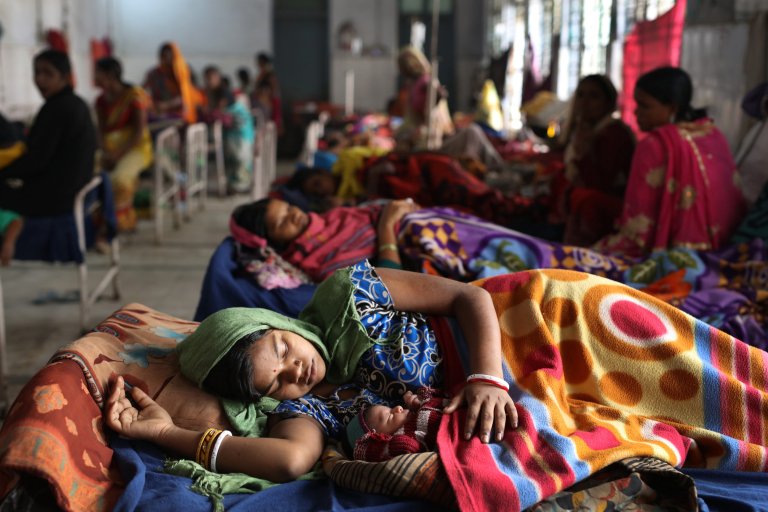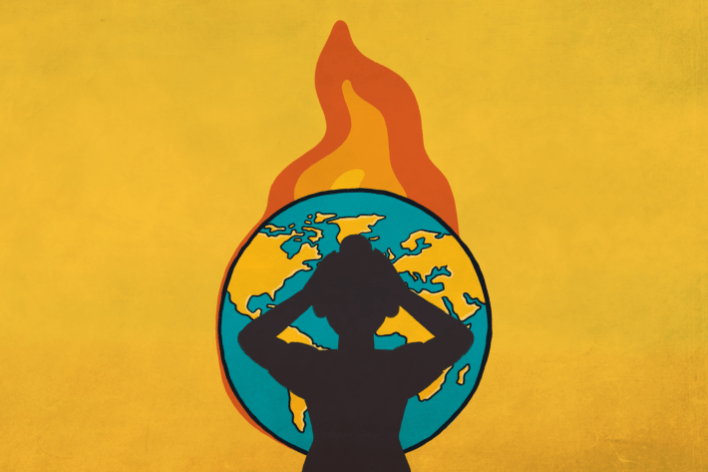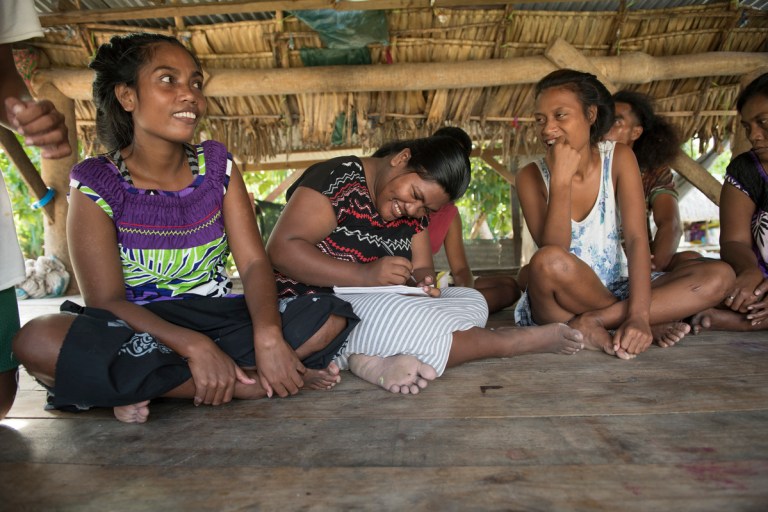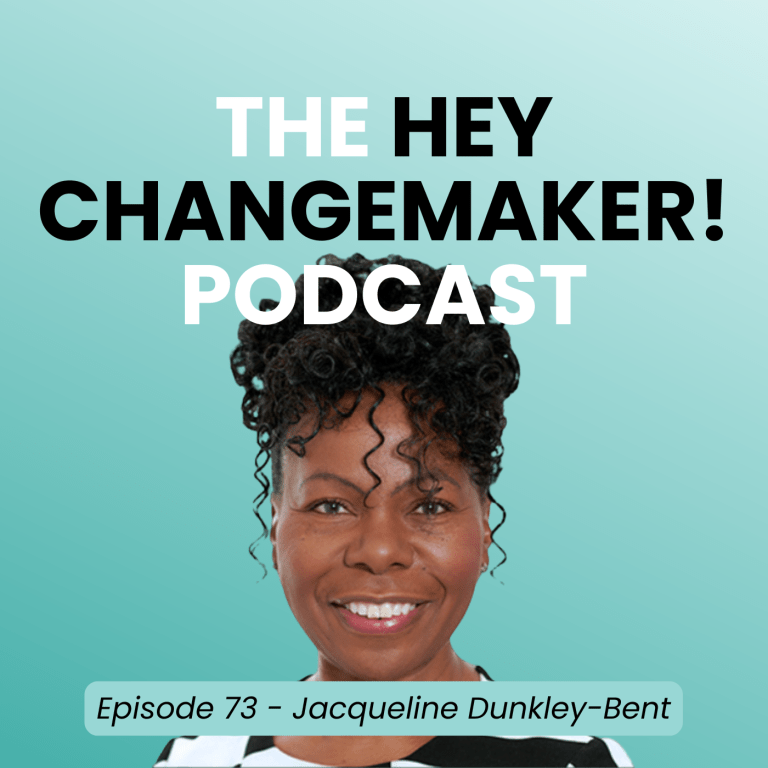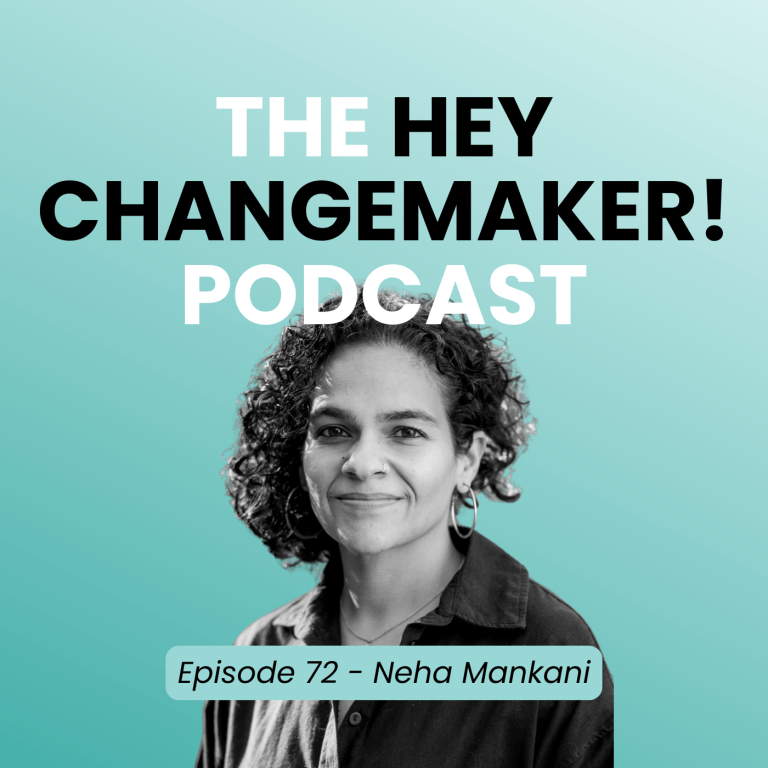After the initial shock of a crisis — whether caused by conflict, climate change or natural disasters — daily life continues to unfold. Yet even as communities face devastation, life goes on. Pregnancies continue, and women and gender diverse people go into labour and give birth. A moment that should be joyful and safe turns frightening and uncertain, as giving birth becomes far more dangerous and unpredictable. More than half of maternal deaths worldwide occur in fragile and crisis-affected settings, making clear just how deadly these situations can be.
At the same time, needs rise sharply. The demand for contraception, comprehensive abortion care and treatment for sexually transmitted infections (STIs) increases, while access to these services often becomes limited or disappears entirely. Menstrual hygiene becomes harder to manage as products and safe facilities, including water, sanitation and hygiene (WASH) services, become scarce. Unintended pregnancies and STIs increase due to the lack of barrier methods and heightened risk of sexual violence.
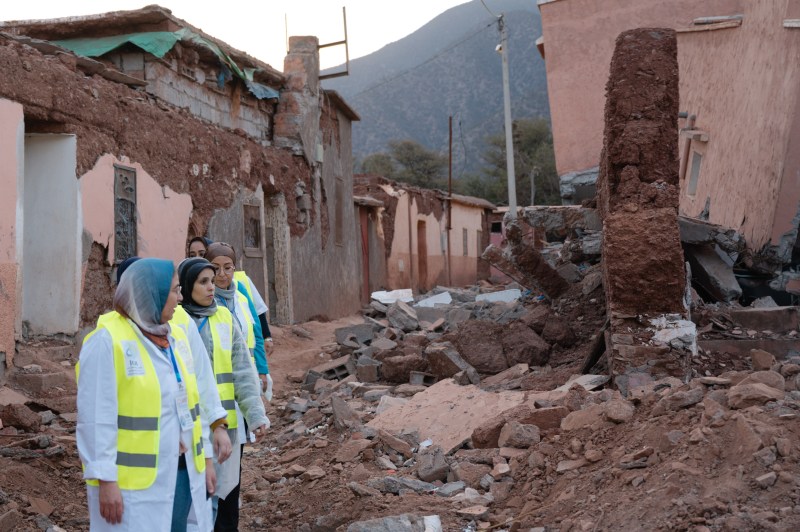
Woman centred-care in crisis settings
In these contexts, woman-centred care (WCC) becomes not only important — but essential. WCC prioritises the unique needs, rights and preferences of women and gender diverse people. It ensures they can make informed decisions, receive compassionate care and be treated with dignity and respect.
During crises, these rights do not disappear — yet they are often at greatest risk. Emergencies exacerbate inequalities, with women, girls and gender diverse people often bearing the brunt of rights violations. That is why woman-centred care is especially critical during crises.
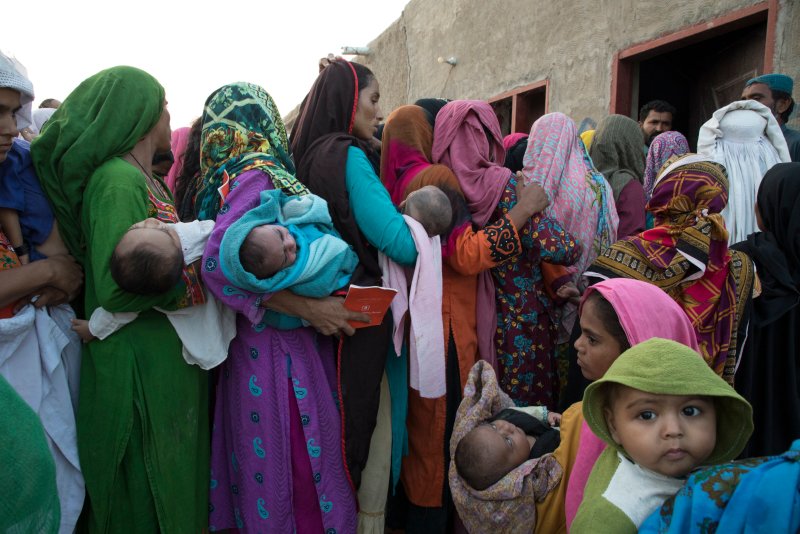
As the PUSH campaign defines it, woman-centred care is about ensuring that every woman and gender diverse person can access the care they need — care that respects their choices and responds to their specific needs. Midwives are key to delivering this care, providing trusted, compassionate support and ensuring rights are upheld even in the most challenging circumstances.
Midwives: essential providers of woman-centred care
Midwives are the health professionals best prepared and positioned to provide woman-centred care. They can provide up to 90% of essential sexual, reproductive, maternal, newborn and adolescent health services — from contraception and comprehensive abortion care, to safe birth support and newborn care. They also provide compassionate and skilled care for pregnancy loss, initiate breastfeeding support, and treat sexually transmitted infections.
But midwives do more than act as first responders during and after crises. They play a vital role in ensuring health systems are ready before disaster strikes and able to continue delivering woman-centred care in any emergency.
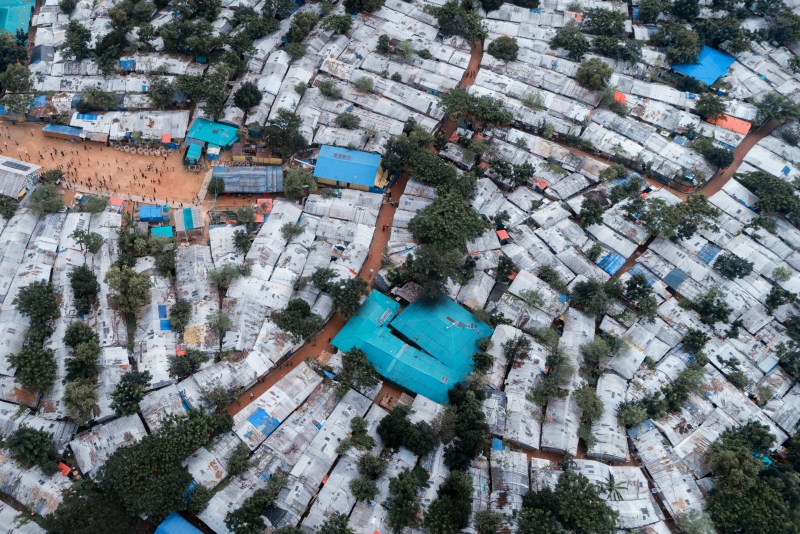
Midwives strengthen crisis preparedness and response
When midwives are included in crisis preparedness planning and response, they advocate for the specific needs of women and gender diverse people. They help ensure that sexual and reproductive health services are properly resourced, that essential supplies — such as contraceptives, medicines to treat postpartum bleeding, and menstrual products — are pre-positioned, and that referral pathways are in place.
Midwives also prepare communities. They offer education on maternal and newborn health, breastfeeding, menstrual health and how to access care during emergencies. With the right support, midwives help health systems stay functional and responsive, even in the most difficult circumstances.
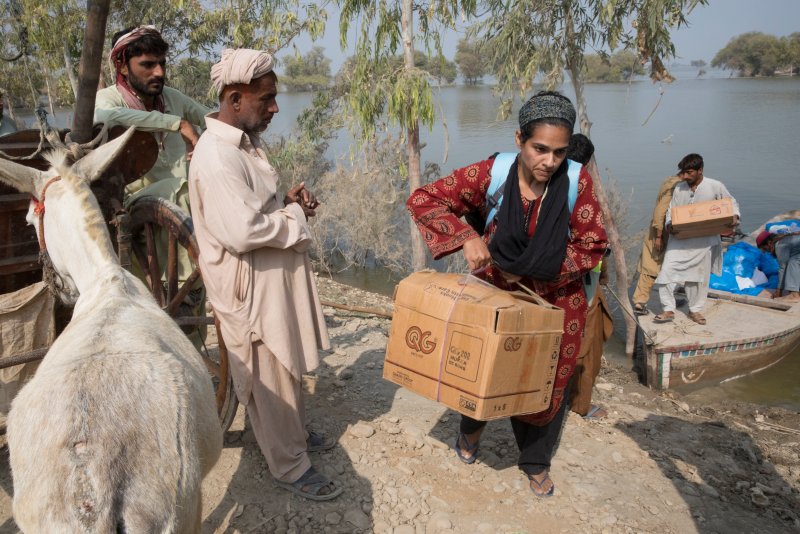
International Day of the Midwife 2025
For this reason, the theme for this year’s International Day of the Midwife is Midwives: Critical in Every Crisis. In a world facing a growing number of overlapping crises, midwives are more essential than ever to health systems that must withstand shocks and continue to deliver woman-centred care when it is needed most.
Midwives must be included in crisis preparedness planning and response from the very start. Their voices and expertise are essential to ensure sexual and reproductive health services are prioritised and the specific needs of women and gender diverse people are addressed. At the same time, midwives themselves must be protected and enabled to do their jobs safely and effectively, so they can continue providing vital care even in the most challenging circumstances.
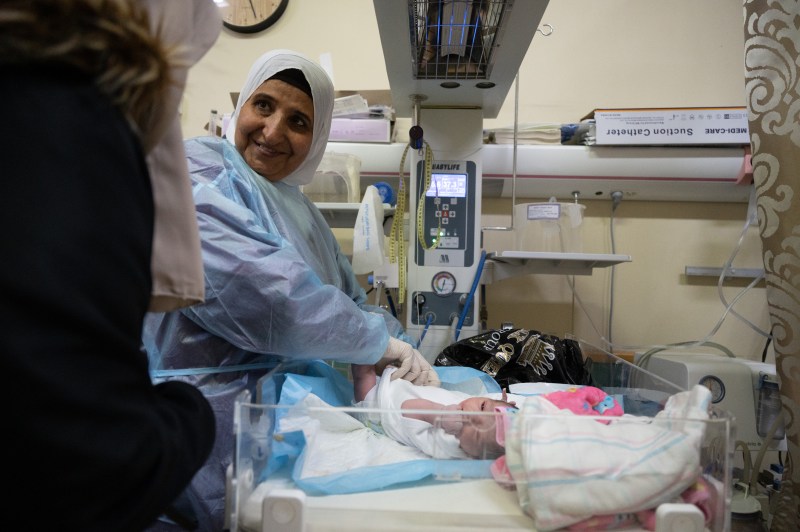
The time to prepare is now
Climate change, conflict, and natural disasters are becoming more frequent and more intense. Every community and country faces the risk of an unexpected crisis.
When disaster strikes, it is too late to prepare. Now is the time to ensure that midwives have a seat at the table — so that woman-centred care is protected and prioritised, even, and especially, during crises.


